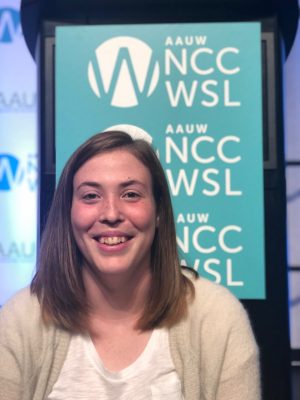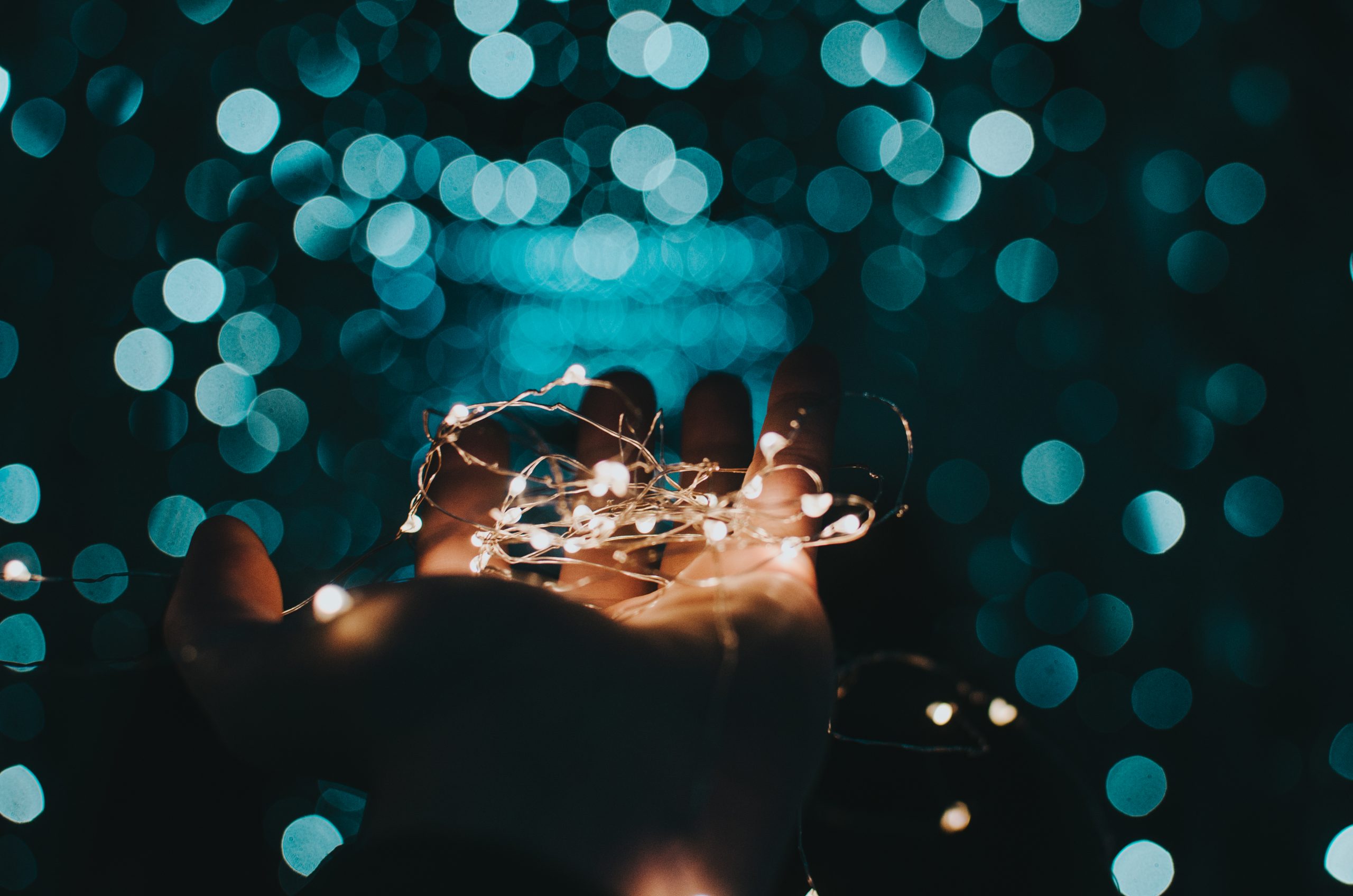Over the past few months (and through a whirlwind of a semester), I worked closely with Alex Taylor (CLAS ’21), a Women’s, Gender, and Sexuality Studies and Human Rights double major, artist, and aspiring educator. I’m so grateful for all of the hard work and time Alex dedicated to the inaugural newsletter, particularly during this time. I got to ask Alex a few questions about her time at UConn, her plans post-graduation, and her art. Check it out below!
Mick Powell (MP): Why Women’s, Gender, and Sexuality Studies? Why Human Rights? What connections do you make between the two majors?
Alex Taylor (AT): I didn’t come to UConn with the intent of majoring in WGSS or Human Rights. I knew that I wanted to explore those topics, but I actually had planned to get a dual degree in art and English. I’d known also for a while that I’d wanted to take a gender studies class when I got here. But I thought that it would literally end up being just a class or two, I didn’t think that UConn had a whole major for what I thought would only be a class or two at the whole university. I stuck with WGSS and Human Rights because both of my first WGSS and HRTS classes opened my eyes in ways that made it so that I can never shut them again, if that makes sense. They also gave me language to talk about patriarchy and homophobia that I’d needed for myself for so long. They also balance each other out. WGSS is more social justice oriented and easier to use in everyday interactions whereas the right-based language of human rights is useful for challenging large power structures.
MP: What’s your favorite WGSS class you’ve taken? What classes are you looking forward to next semester/year?
AT: My favorite WGSS class thus far has definitely been WGSS 2124 Gender and Globalization with Dr. Barbara Gurr. It was the first WGSS class that I’d ever taken. The course introduced a lot of feminist theories including intersectional feminism and delved deep into colonization in ways that I never had during any schooling prior to that. Even as I am still learning and unlearning, it’s wild to think back at how green I was compared to now. Now I don’t know how to not look at the world through an anti-bias anti-rasist lens.
MP: What do you want to do career-wise after graduation?
AT: After I finish my undergraduate career, I want to get a Masters of Education and my teaching certificate to teach secondary social studies. I’ve known for a while that I wanted to work as some sort of public servant, but I only realized that teaching was something that I wanted to do after I took some elective courses for my human rights major.
MP: Why teaching? How do you plan to use WGSS and HRTS in your high school(?) classroom?
AT: I want to teach secondary social studies mainly because I want to teach the histories that I did start to learn until I got to college. I want to help break the cycle of indoctrinating kids with straight, cis, white men’s history which is where my WGSS and HRTS knowledge is so important. And it’s not even just a matter of taking what I’ve learned and adding that into the curriculum. WGSS and HRTS will influence how I teach which is probably more important, anyway. I also want to teach because I never had a queer teacher until I got to UConn– at least not a teacher who was out– who I could look up to. So I want to be that teacher for high schoolers because they need and they deserve it.
MP: What about your art? How do you see art playing a role in your life in the future, if at all?
AT: My art is something that I do just for me. Even when I thought that I wanted to major in art, I always forgot that showing in galleries and selling work was supposed to be the goal because I just liked doing it. I really like figure drawing because I think it’s so hard. I love the challenge of capturing the essence of a person or their posture because oftentimes it’s such a fine line. Sometimes you stumble onto a good drawing but most of the time you have to rework it until the piece clicks. So for me, my art will be selfish, it will be something that I do not to serve anyone other than myself.
MP: Are you involved in any organizations or extracurriculars on campus?
AT: The biggest thing I do on campus is that I work as a Resident Assistant (RA) and it takes up a lot of my time and energy. I try to bring WGSS into that space as much as I can too. Last year I created a bulletin board for Women’s History Month where I asked residents to add a picture of a woman, famous or not, to the board and say why she inspired them. Next year I want to expand outside of the binary and make it a semester long or year long floor project. I’m also a member of HOLDUP which is an organization centered around leadership development. One thing that we do in HOLDUP is we go to local schools and hold short leadership workshops a few times throughout a semester. I’ve only been able to be a facilitator for one semester, but it just affirmed that I want to work with young people in schools.
MP: How have you been taking care of yourself during the COVID-19 pandemic? Any self-care tips?
AT: I’ve been watching a lot of Netflix with friends over Netflix Party which I love because there’s none of that awkward anxious feeling that a lot of people have when the camera is on them but you can still talk to friends and hang out. I’d also recommend letting yourself gravitate towards whatever brings you joy. For me, that’s reading and watching stuff that has some element of magic. And I don’t mean like card tricks and sleights of hand, I mean like Magic magic. So I’ve been watching Avatar and picking up YA series that I haven’t read since high school because they’re just so fun for me and let me forget temporarily about everything going on.
MP: What’s your favorite movie or TV show? Or what movie/show can you watch over and over without ever getting sick of it?
AT: I can watch Pride and Prejudice (2008) endlessly. I’m not even a big period piece romance movie person, but I love that movie.
MP: Who’s your favorite famous feminist?
AT: AOC. I love how transparent she is about what it’s like to be in the House and her IG lives especially when she used to show her plants. She always seems to be asking herself what’s best for her communities, not what’s best for her political career. Despite having the spotlight thrown onto her so abruptly when she first won and the amount of people that root for her to fail, she does the job with grace.
MP: What emoji do you use the most and why?
AT: I use the thumbs up emoji the most to tty and show my tone through texting. I don’t want people to think I’m mad or pissed off when I’m sending a short text or something so I add the thumbs up.
_____________________________________________________________________________________
 From Bloomsbury, New Jersey, Alex is a rising senior at UConn double majoring in Women’s, Gender, and Sexuality Studies and Human Rights with minors in art and English. During the academic year, she works on campus as a Resident Assistant where she supports predominantly first-year students in their transition to college. After graduation she plans on continuing her education in a masters and teacher certification program to become a social studies teacher. Her goal is not only to help students succeed, but to join those already working to radically reimagine the education system through an anti-bias anti-racist curriculum.
From Bloomsbury, New Jersey, Alex is a rising senior at UConn double majoring in Women’s, Gender, and Sexuality Studies and Human Rights with minors in art and English. During the academic year, she works on campus as a Resident Assistant where she supports predominantly first-year students in their transition to college. After graduation she plans on continuing her education in a masters and teacher certification program to become a social studies teacher. Her goal is not only to help students succeed, but to join those already working to radically reimagine the education system through an anti-bias anti-racist curriculum.
/
Cover Photo by Kei Scampa from Pexels
